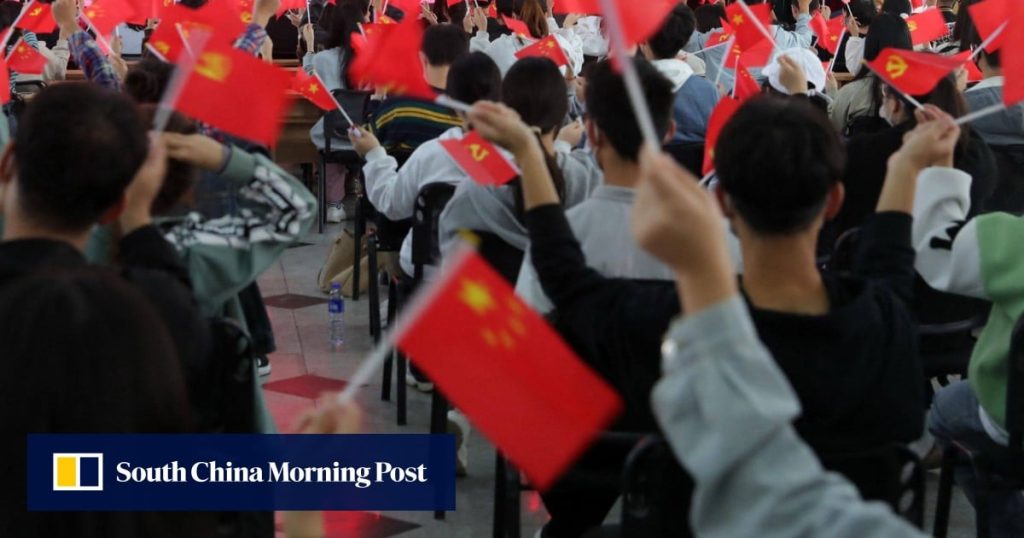“Our findings reveal that fans exert a stronger influence on celebrities than vice versa in spreading nationalism. Fans often shape the nationalist narratives that celebrities amplify, with those aligned with specific political leanings, such as those within the state-conformist camp, having a greater influence,” it said.
The study was carried out by four scholars from the University of Michigan, Texas A&M University, Brown University and Cambridge University. They used a statistical method called vector autoregression to look at how celebrities and fans influenced each other through their posts over time.
The researchers gathered more than 8 million microblogs and comments – dating from the start to the end of the anti-government protests in Hong Kong in 2019 – from Weibo, the go-to Chinese social media platform for public discourse, and found that “fans’ nationalistic expressions exert a stronger and more consistent influence on celebrities”.
The anti-government protests took place in Hong Kong in 2019 at a time when nationalist sentiment surged on China’s social media.
The protests initially opposed a proposed extradition bill that would have allowed Hong Kong to transfer fugitives to mainland China but escalated into a much wider and prolonged anti-government movement that resulted in violent clashes between the city’s police and protesters.



